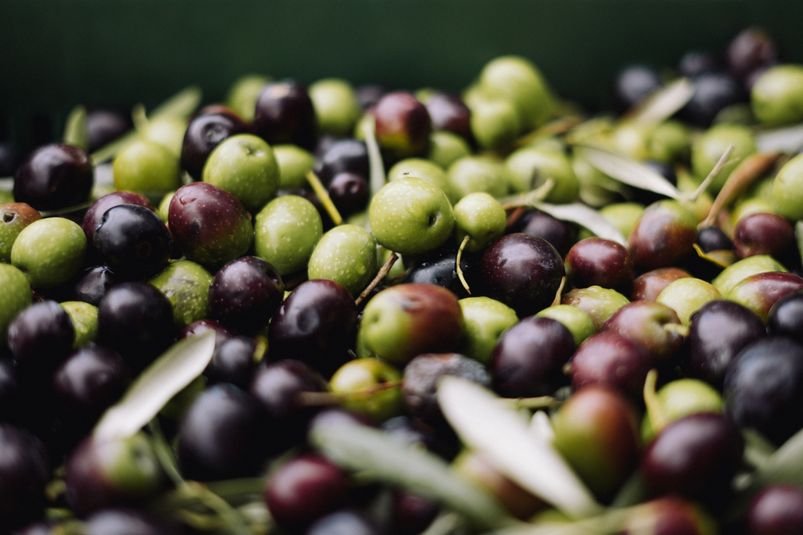Italy encourages olive cultivation through a €1.5 million scheme.


Andreas Ferrarese, the Italian ambassador to Pakistan, stated on Sunday that Italy is playing a critical role in developing "olive culture" in Pakistan in order to improve the olive value chain.
The envoy told APP that Pakistan had the capacity to plant olives and that Italy will assist the South Asian country with €1.5 million.
He went on to say that olive culture included the supplying value chain and refining, without which the sector"s development would be difficult. In response to a question, the ambassador indicated that Ciheam Bari International, in collaboration with the Ministry of National Food Security and Research it through Pakistan Oilseed Department, would implement a €1.5 million "olive cultivation" initiative in suitable locations over a 26-month period.
"It symbolises the continuation of all of Italy"s previous work, with a comprehensive strategy that includes all stages and stakeholders," he said.
The envoy believed that Pakistan had a lot of potential for olive cultivation and that expanding output and using it for commercial reasons may help the country gain foreign cash.
He suggested that Pakistan may import olive from Italy, calling the quality of Italian olive the greatest in the world. Olives are an essential component of Mediterranean civilisation; without them, life and culture would be lacking.
The envoy emphasised that Italy has always been a strong supporter of Pakistan"s efforts in the field, adding that "we are pleased to continue with the goal of establishing a sustainable, contemporary, and rich olive culture."
He said that it will not only offer Pakistanis with high-quality edible oil, but also help cut the country"s import cost. "We expect a day when Pakistan would be among the largest olive production and export countries in the world," says the report.
Ciheam Bari Global Olive Culture Project Coordinator Marco Marchetti told APP that more work needed to be done on the olive supply chain in Pakistan, as without it, the country would not be able to reap the benefits.
He noted that Pakistan consumes 4.5 million tonnes of edible oil, and that the market needs to bring the best olive oil for human health.
Marchetti emphasised the importance of integrating technology, as well as raising farmer awareness, to promote olive oil culture. "With the acquisition of technology, there is a need to cut the cost of manufacturing in the olive supply value chain and to provide chances for local farmers to sell olive on the market at a good price," he said.
"In Italy, where we have been linked with Mediterranean civilization and where olives have been produced for thousands of years, olive culture has been there for thousands of years." Marchetti urged local agriculture-related organisations and institutions to pay special attention to the marketing of olives.
In Pakistan, qualified people resources, technical help, safety and quality standards, reference labs for oil certification, and phytosanitary labs are all critical in establishing a whole value chain of safe and delicious food that improves health considerably. He emphasised that olive trees helped to mitigate the effects of climate change by acting as a smart tree that prevents runoff and soil erosion consumption while also producing a low carbon footprint.
He remarked, "These are value added benefits in Pakistan, which has the capacity to be a global leader in olive production." The adaptive research plans to test the profitability of modernised agricultural cultivation began 40 years ago with Italian technical aid for Pakistan (in the 1980s and 1990s).
Following that, the Pakistan Italian Debt Swap Agreement was used to initiate the first large olive crop investment (2012-15), culminating in 2,000 hectares of planted in marginal and wastelands. The olive cultivars was introduced in the Programme for Poverty Reduction in 2016, which was sponsored by the Italian government and implemented by the Pakistan Poverty Reduction Fund (PPAF), through which three oil and gas production units were established with the farming communities in a public-private partnership.
A important project titled "Olive Culture Integrative and Multi-Professional Mechanisms for Pakistani Olive Oil Value Chain" was just inaugurated in March 2022.